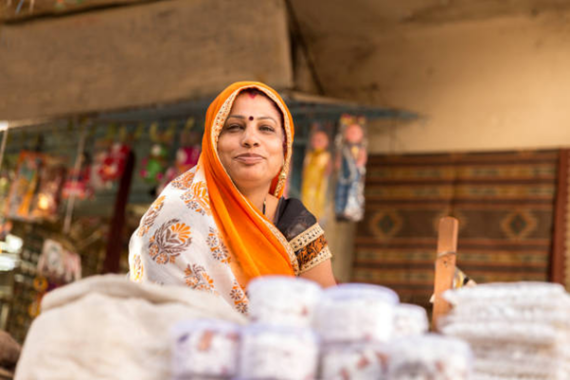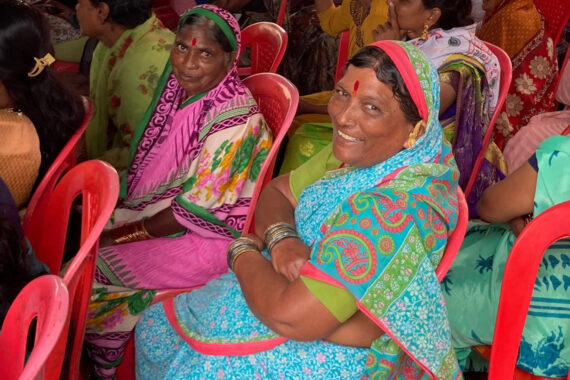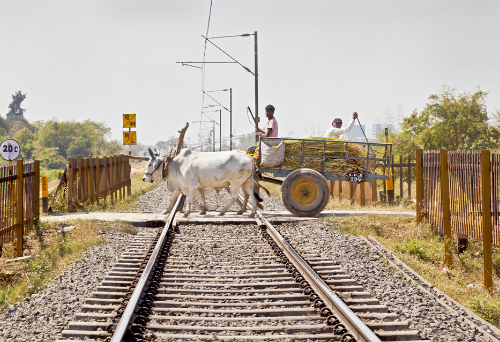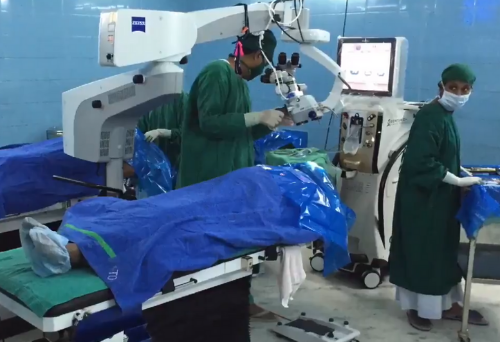In Conversation With Anshu Gupta – Impacting Lives At Scale
“If I give time, I am a donor. But when the community is giving time, how come they are beneficiaries? Are we not all stakeholders?” Anshu Gupta shared a powerful reflection, at an event hosted by the Wheeler Institute at London Business School and supported by the Social Impact Club, founder of Goonj challenged conventional…










